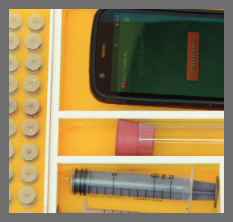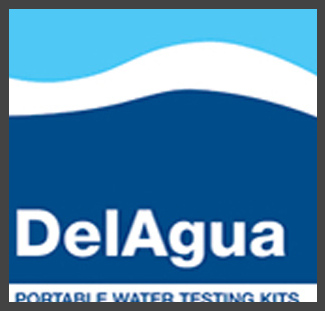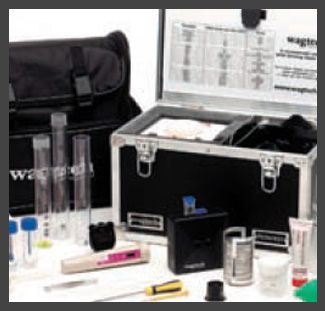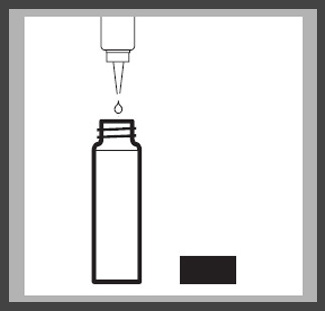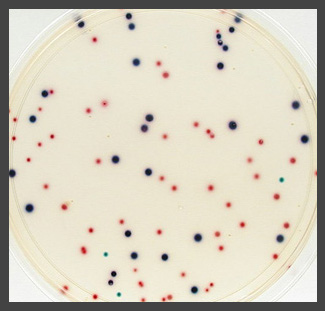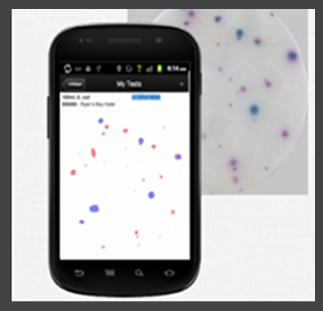Difference between revisions of "Testing"
From Akvopedia
| Line 7: | Line 7: | ||
|colspan="5" style="background-color:#efefef;"| | |colspan="5" style="background-color:#efefef;"| | ||
|- | |- | ||
| − | |style="background:#efefef;"|[[Image:caddisfly small. | + | |style="background:#efefef;"|[[Image:caddisfly small.png|center|100px|link=Akvo Caddisfly]] |
|style="background:#efefef;"|[[Image:DelAgua_logo small.jpg|center|100px|link=DelAgua]] | |style="background:#efefef;"|[[Image:DelAgua_logo small.jpg|center|100px|link=DelAgua]] | ||
|style="background:#efefef;"|[[Image:Wagtech_kit small.jpg|center|100px|link=Wagtech kits]] | |style="background:#efefef;"|[[Image:Wagtech_kit small.jpg|center|100px|link=Wagtech kits]] | ||
Revision as of 01:09, 23 April 2015
Before choosing a water system that is appropriate for a region, it is important to test the water quality for specific pollutants. Or there may be a natural disaster that requires immediate testing of local water sources that are in question. Many of the test kits available today are portable and for in-field, ease-of-use. There are portable labs available, backpack testing kits for extreme remote locations, self-assembled kits, and many more commercial products and services for NGOs and communities in the developing world.
